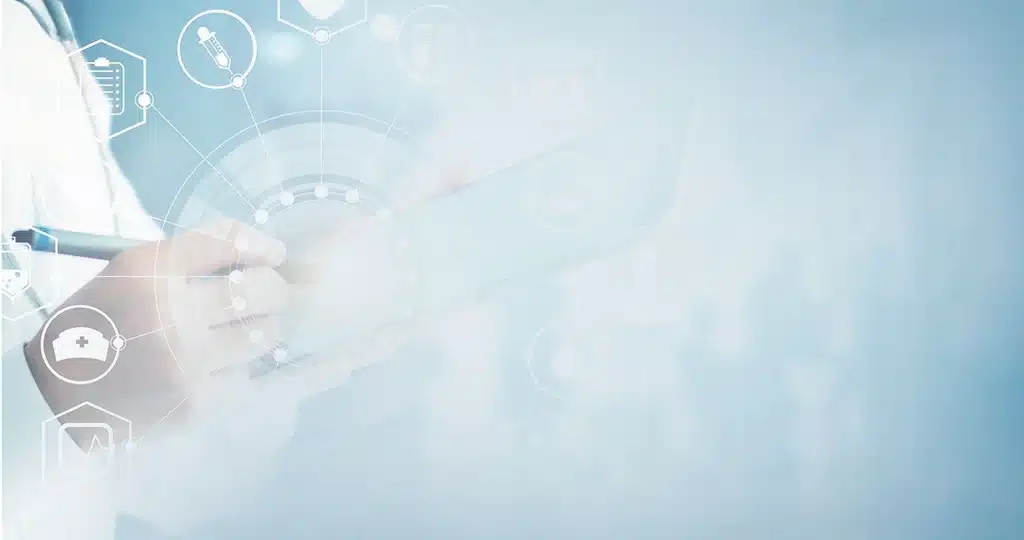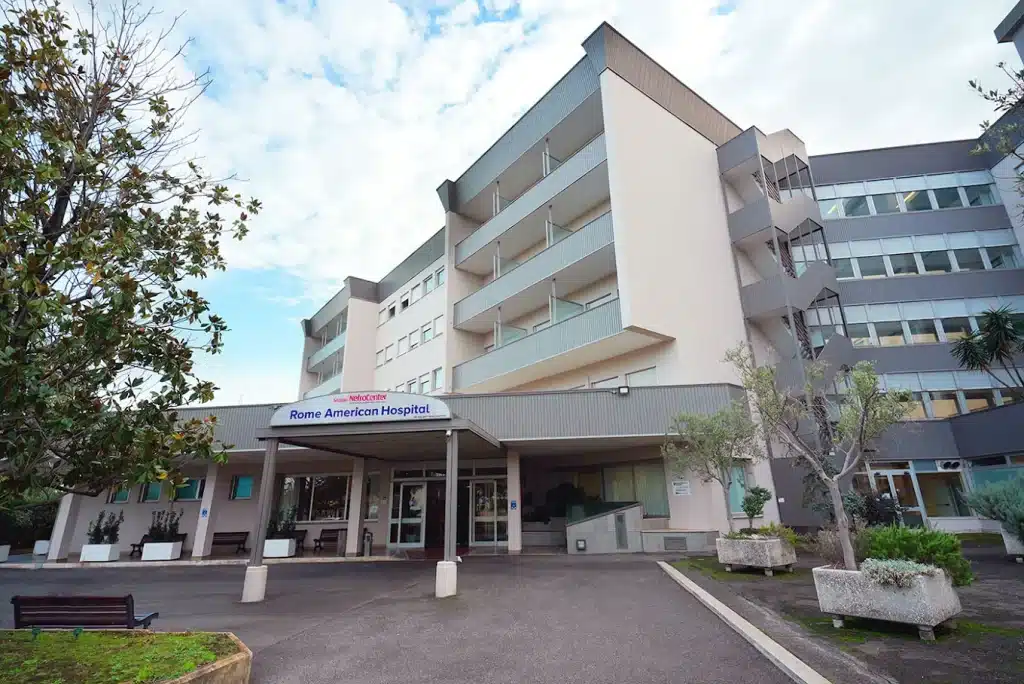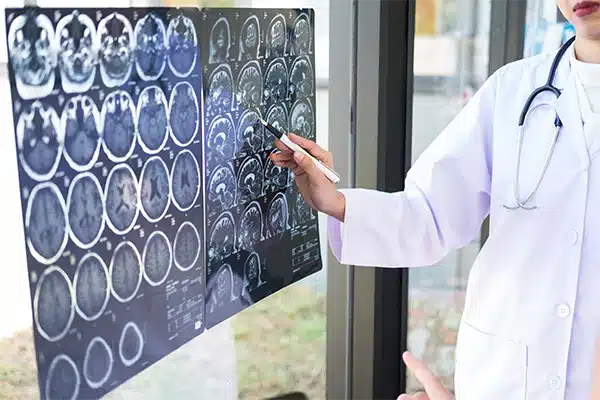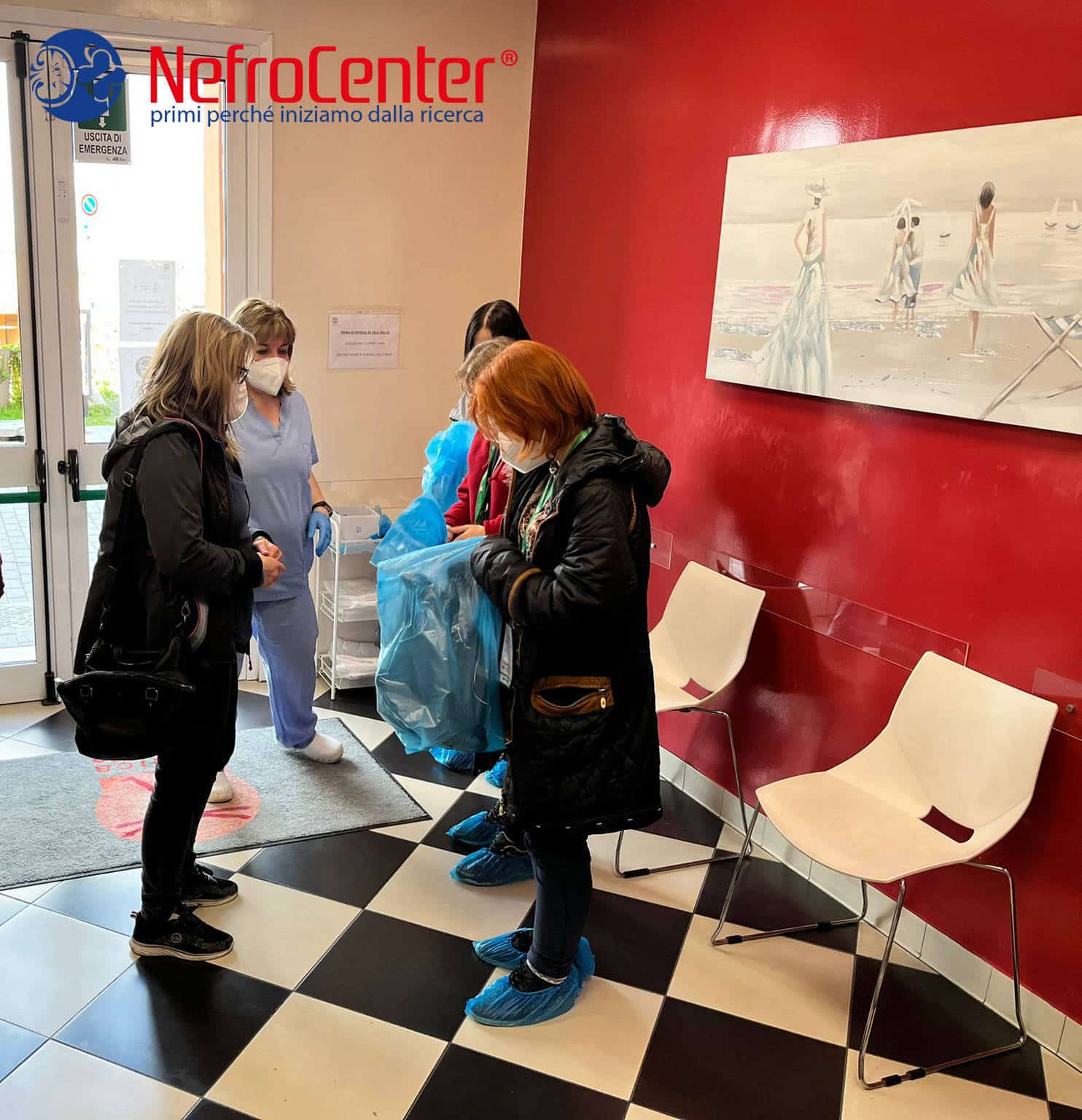Clinical Microbiology is the branch of laboratory analysis that deals with the research, isolation, identification, and characterization of microorganisms (bacteria, viruses, fungi, parasites) potentially responsible for infectious diseases in humans. Through the culture examination of various biological samples (such as urine, blood, feces, throat swabs, sputum, biological fluids), it is possible to grow bacteria on specific culture media in the laboratory. Once isolated, the bacterium is precisely identified (genus and species) and, as a crucial step, its sensitivity to different antibiotics is tested through an antibiogram. This test is crucial in guiding the physician in choosing the most targeted and effective antibiotic therapy, countering the phenomenon of antibiotic resistance. Rapid and specific tests are also performed to detect particular bacteria, such as Helicobacter Pylori through the non-invasive Breath Test, and serological or molecular analyses to detect viral, fungal, or parasitic agents, providing essential diagnostic support for infectiology and all medical branches.

















